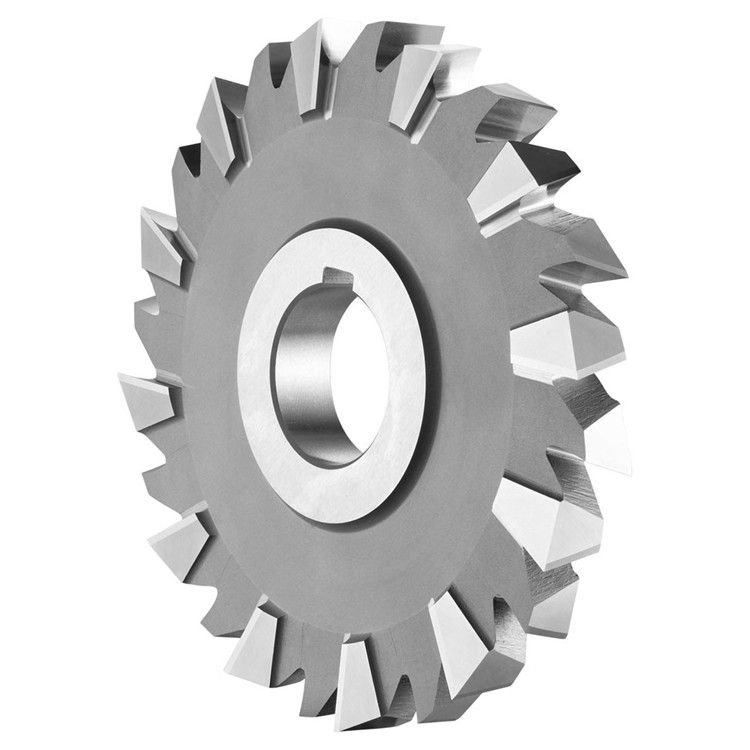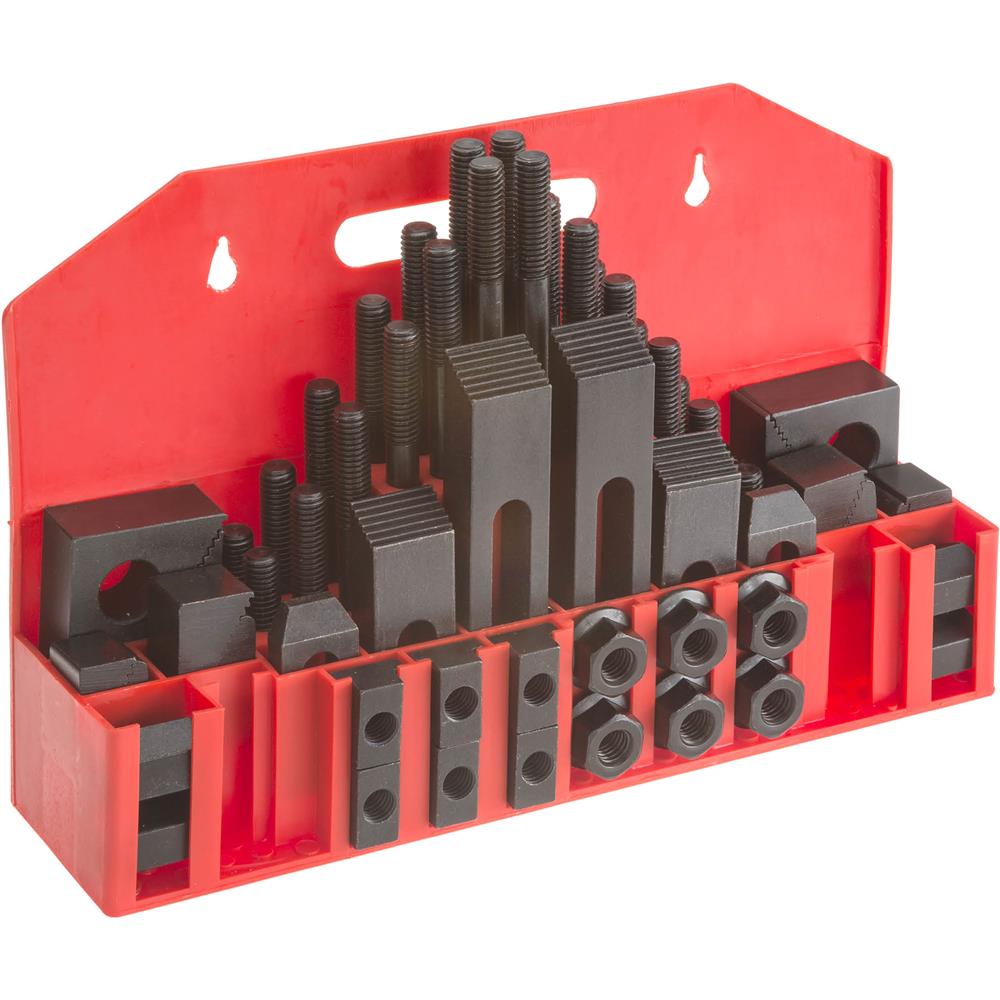plug gauge Supplier
Finding a reliable plug gauge supplier is crucial for ensuring the accuracy and consistency of your manufacturing processes. This guide covers everything you need to know, from understanding different types of plug gauges to evaluating potential suppliers and selecting the best fit for your specific needs, all while considering factors like material, tolerance, and certification.
Understanding Plug Gauges
What is a Plug Gauge?
A plug gauge is a precision measuring instrument used to check the dimensions of holes and internal threads. They are designed to quickly determine if a hole's size falls within specified tolerances. A plug gauge typically features a 'GO' end and a 'NO-GO' end. The 'GO' end should enter the hole easily, while the 'NO-GO' end should not. This simple pass/fail test provides a reliable indication of whether the hole meets the required specifications.
Types of Plug Gauges
There are several types of plug gauges available, each designed for specific applications:
- Cylindrical Plug Gauges: Used to check the diameter of straight, cylindrical holes.
- Taper Plug Gauges: Used to check the size and taper of tapered holes.
- Thread Plug Gauges: Used to check the internal threads of holes, ensuring proper thread size and form.
- Spline Plug Gauges: Used to check the dimensions of internal splines.
- Air Plug Gauges: Utilizes air pressure to measure hole diameters with high precision. This is especially useful for measuring small or deep holes.
Materials and Manufacturing of Plug Gauges
Plug gauges are typically made from hardened tool steel or other high-quality materials that offer excellent wear resistance and dimensional stability. The manufacturing process involves precision machining, grinding, and lapping to achieve the required tolerances. High-quality plug gauges are often subjected to heat treatment to enhance their hardness and durability. Suppliers like Wayleading Tools emphasize stringent quality control throughout the manufacturing process to ensure accuracy and longevity of their plug gauges.
Factors to Consider When Choosing a Plug Gauge Supplier
Quality and Accuracy
The most important factor when choosing a plug gauge supplier is the quality and accuracy of their products. Look for suppliers who adhere to recognized standards such as ISO 9001 and offer calibration certificates to verify the accuracy of their plug gauges. Inquire about the materials used in manufacturing and the processes employed to ensure dimensional stability.
Range of Products
A good plug gauge supplier should offer a wide range of plug gauges to meet various needs. This includes different types of plug gauges, sizes, and materials. Suppliers like Wayleading Tools provide comprehensive selections, including custom gauges made to your exact specifications.
Customization Options
Sometimes, standard plug gauges may not be suitable for specific applications. In such cases, you'll need a supplier that offers customization options. This may include custom sizes, materials, or features. Discuss your specific requirements with potential suppliers to see if they can meet your needs.
Pricing and Lead Times
While quality and accuracy are paramount, pricing and lead times are also important considerations. Get quotes from multiple suppliers and compare their prices. However, don't solely focus on the lowest price. Consider the overall value, including the quality of the plug gauges and the supplier's reputation. Inquire about lead times to ensure that the supplier can deliver the plug gauges within your required timeframe.
Certifications and Compliance
Ensure that the plug gauge supplier has the necessary certifications and complies with relevant industry standards. This demonstrates their commitment to quality and accuracy. Look for certifications such as ISO 9001, ISO 17025 (for calibration labs), and traceability to national standards organizations.
Customer Support and Service
Choose a supplier that provides excellent customer support and service. This includes pre-sales support, technical assistance, and after-sales service. A good supplier should be responsive to your inquiries and willing to provide guidance on selecting the right plug gauges for your applications.
Evaluating Potential Plug Gauge Suppliers
Request Samples
Before committing to a large order, request samples from potential suppliers. This allows you to evaluate the quality and accuracy of their plug gauges firsthand. Inspect the samples carefully and compare them to your requirements.
Check References
Ask potential suppliers for references from other customers. Contact these references and inquire about their experience with the supplier. This can provide valuable insights into the supplier's reliability, quality, and service.
Visit Their Facility
If possible, visit the supplier's facility to see their manufacturing processes and quality control procedures. This can give you a better understanding of their capabilities and commitment to quality.
Typical Plug Gauge Specifications and Tolerances
Understanding typical specifications and tolerances is crucial when selecting plug gauges. These parameters ensure the gauge meets the necessary precision for your application. Below is an example:
| Parameter | Description | Typical Tolerance |
|---|---|---|
| Material | Hardened Tool Steel (e.g., O1, A2, D2) | N/A |
| Hardness | Rockwell Hardness | HRC 58-62 |
| Diameter Tolerance | Deviation from nominal diameter | +/- 0.0001 inch (0.0025 mm) or better, depending on class (e.g., XX, X, Y, Z) |
| Surface Finish | Roughness average (Ra) | Ra 0.2 μm (8 μin) or better |
| Calibration | Traceability to national standards (e.g., NIST) | Certificate of Calibration provided |
*Note: Tolerances vary by gauge class and application.
Source: Based on industry standards and common manufacturing practices.
Conclusion
Choosing the right plug gauge supplier is essential for ensuring the accuracy and reliability of your manufacturing processes. By considering the factors outlined above, you can find a supplier that meets your specific needs and provides high-quality plug gauges at a competitive price. Remember to prioritize quality, accuracy, and customer support to ensure a successful partnership. Companies like Wayleading Tools stand out for their commitment to precision and customer satisfaction in the world of plug gauge solutions.
Related products
Related products
Best selling products
Best selling products-
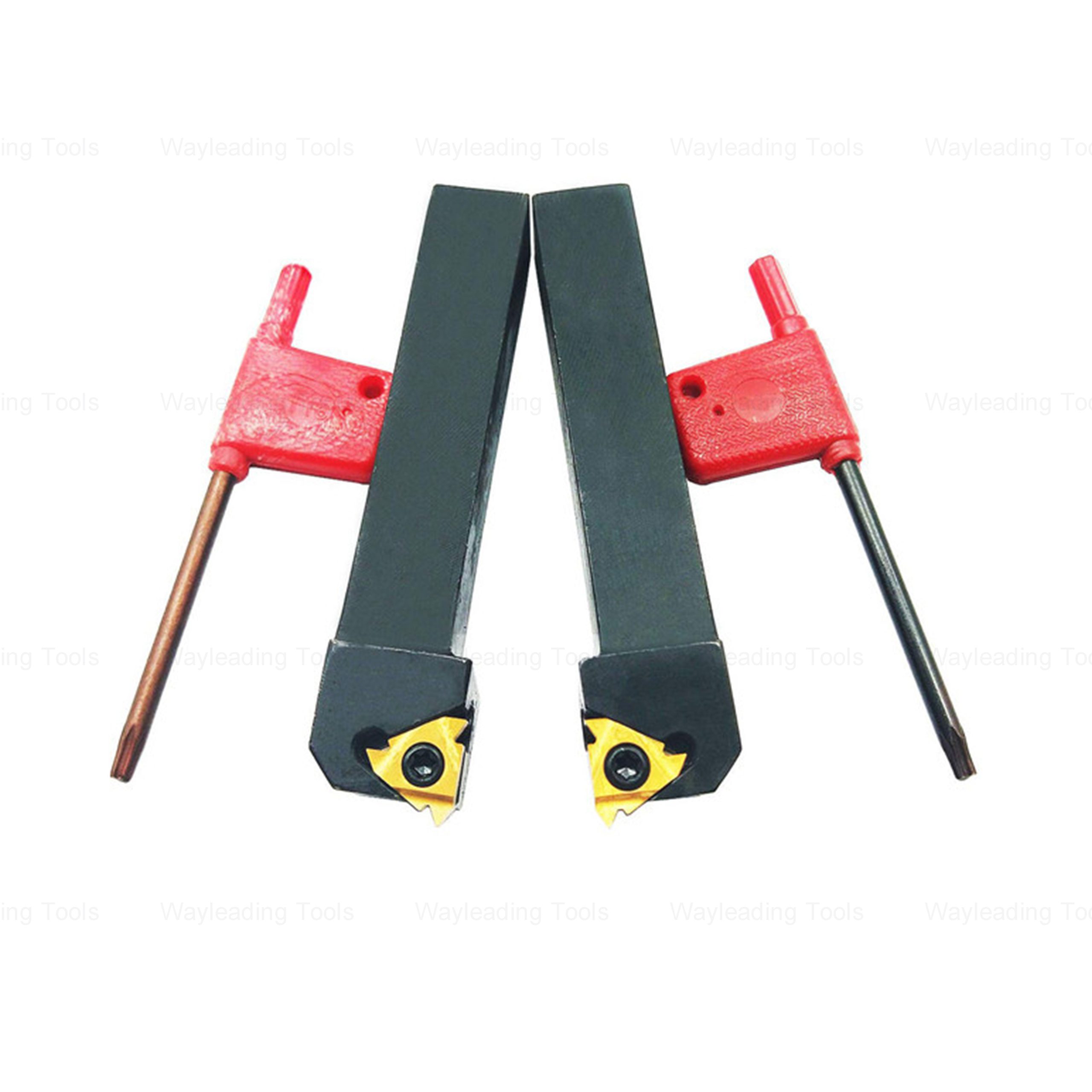 Indexable External Threading Tool Holder – SER / SEL, Metric & Inch
Indexable External Threading Tool Holder – SER / SEL, Metric & Inch -
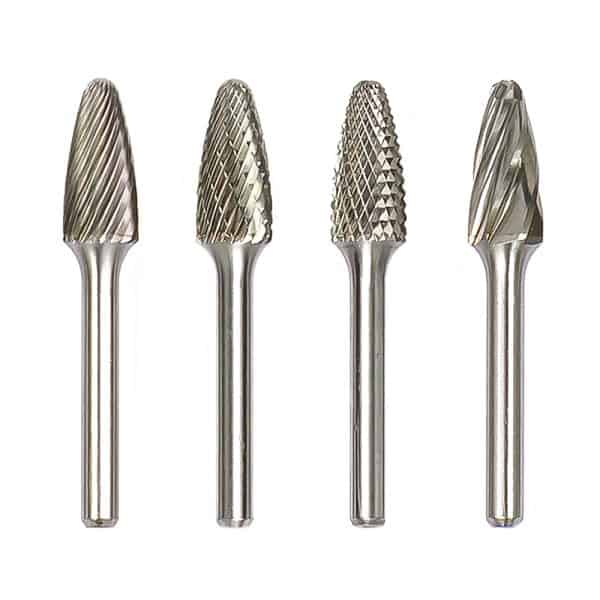 Type F Ball Nose Tree Tungsten Carbide Rotary Burr
Type F Ball Nose Tree Tungsten Carbide Rotary Burr -
 Straight Shank ER Collet Chuck Holders With Extending Rod
Straight Shank ER Collet Chuck Holders With Extending Rod -
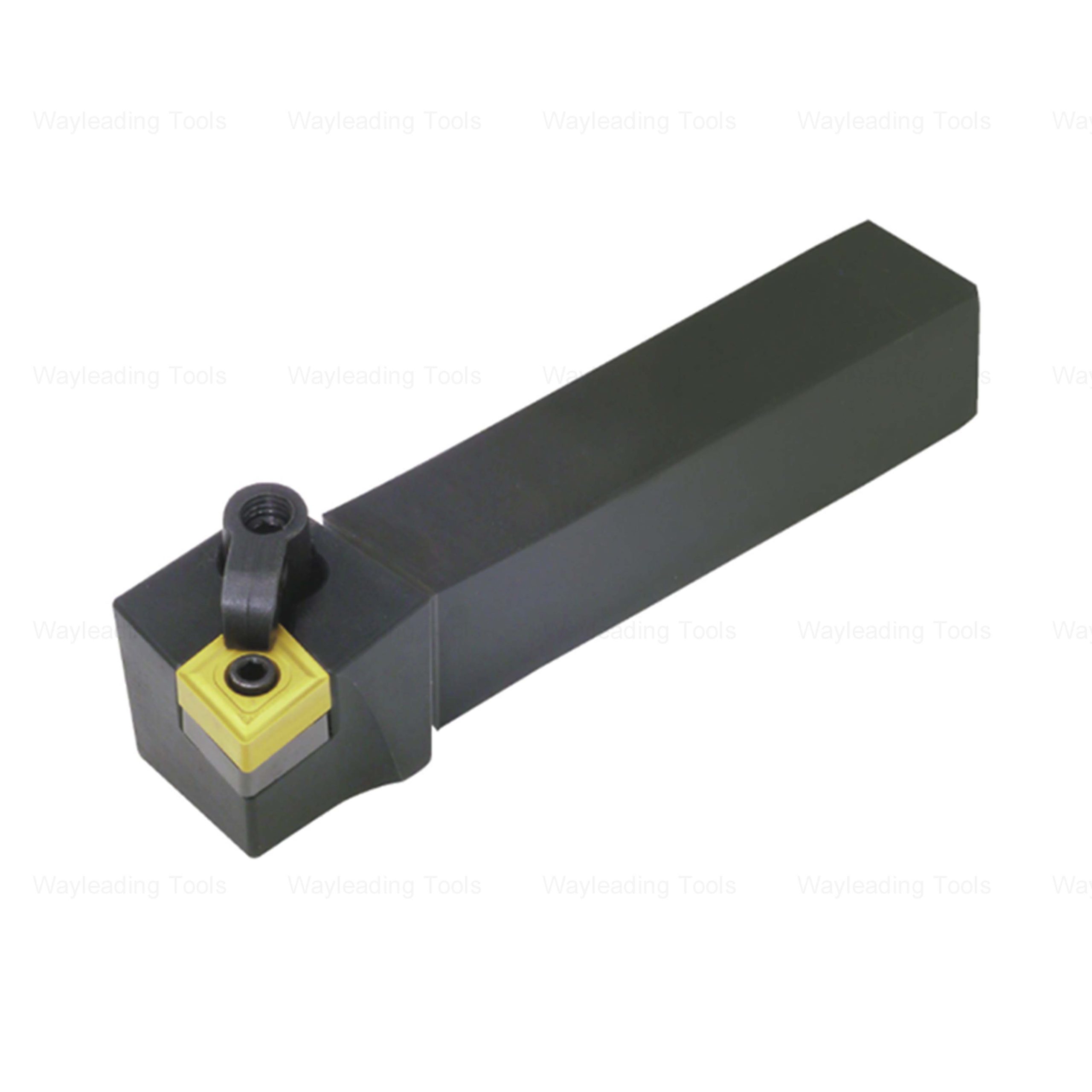 MCLN Indexable Turning Tool Holder
MCLN Indexable Turning Tool Holder -
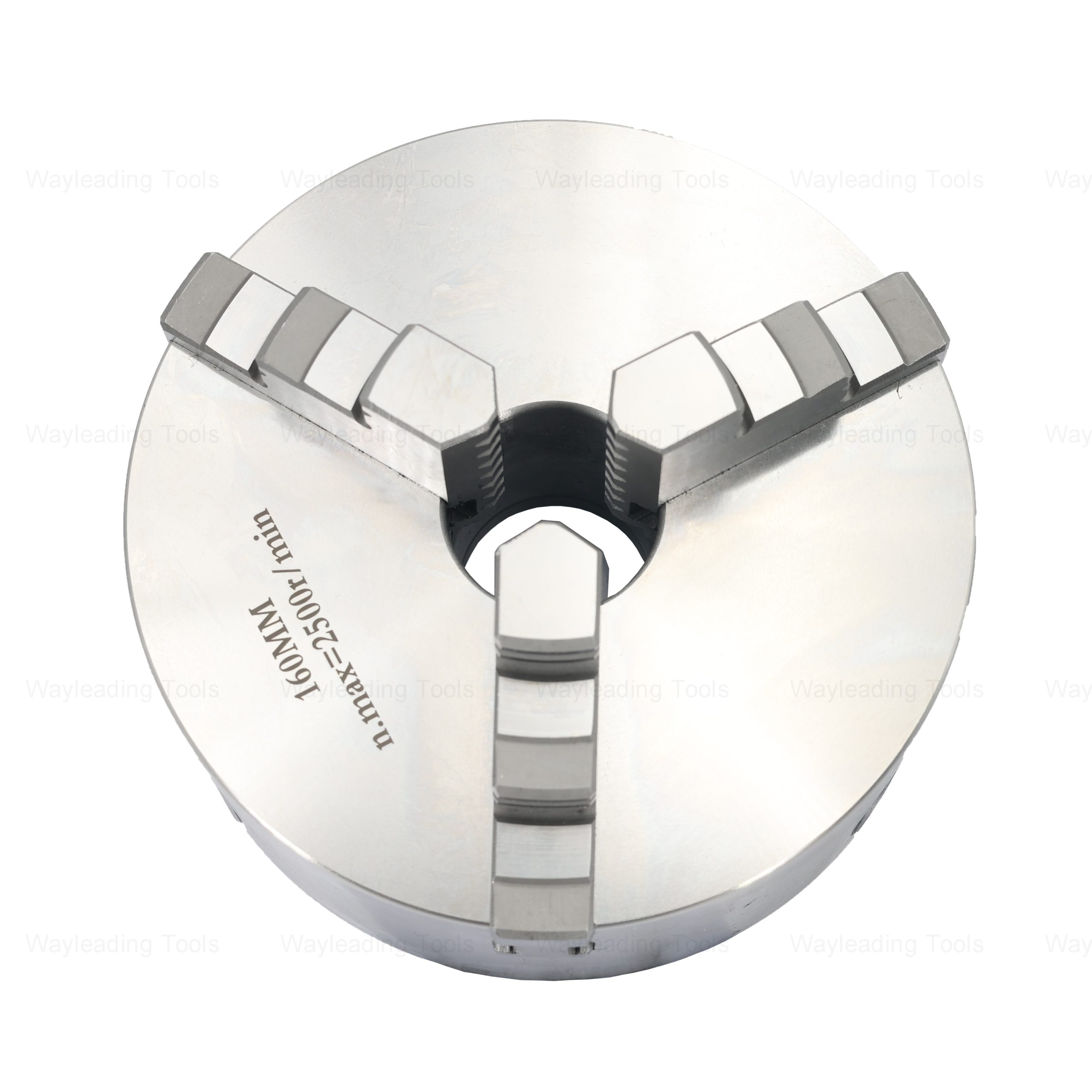 K11 Series 3-Jaw Self-Centering Lathe Chuck – Scroll Type, for Manual Lathes
K11 Series 3-Jaw Self-Centering Lathe Chuck – Scroll Type, for Manual Lathes -
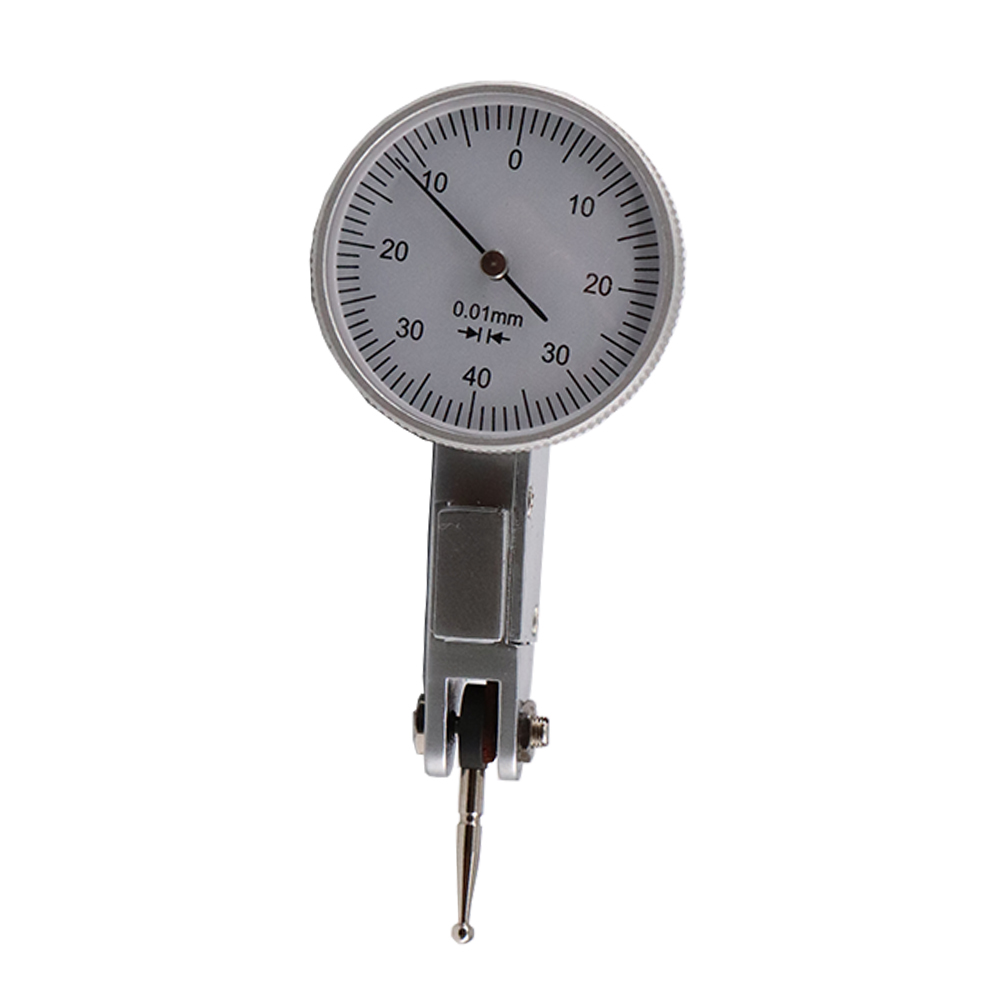 Precision Dial Test Indicator Gage For Industrial
Precision Dial Test Indicator Gage For Industrial -
 Type C Cylinder Ball Nose Tungsten Carbide Rotary Burr
Type C Cylinder Ball Nose Tungsten Carbide Rotary Burr -
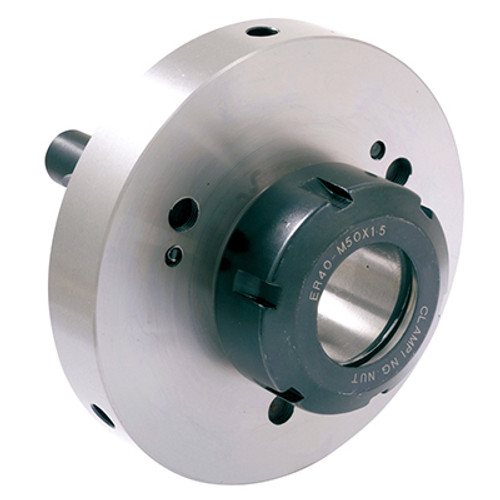 Camlock ER Collet Fixture With Lathe Collet Chuck
Camlock ER Collet Fixture With Lathe Collet Chuck -
 Outside Micrometer Set Of Inch & Metric With Rachet Stop
Outside Micrometer Set Of Inch & Metric With Rachet Stop -
 HSS Threading Taps – ISO 529, Straight Flute, Spiral Flute & Spiral Point
HSS Threading Taps – ISO 529, Straight Flute, Spiral Flute & Spiral Point -
 Precision V Block And Clamps Set With Industry Type
Precision V Block And Clamps Set With Industry Type -
 HSS ISO Metric Round Die Wieh Splite Or Adjustable Splite Type
HSS ISO Metric Round Die Wieh Splite Or Adjustable Splite Type
Related search
Related search- AG55 threading insert Factory
- Wholesale r8 collet set
- 39pcs/set counterbore set Supplier
- turning tool set Factories
- Indexable Turning Tool Holder Factories
- high feed indexable face mills Supplier
- N55 threading insert Suppliers
- self centering lathe chuck Supplier
- RDKW insert Supplier
- Milling Insert Manufacturer





